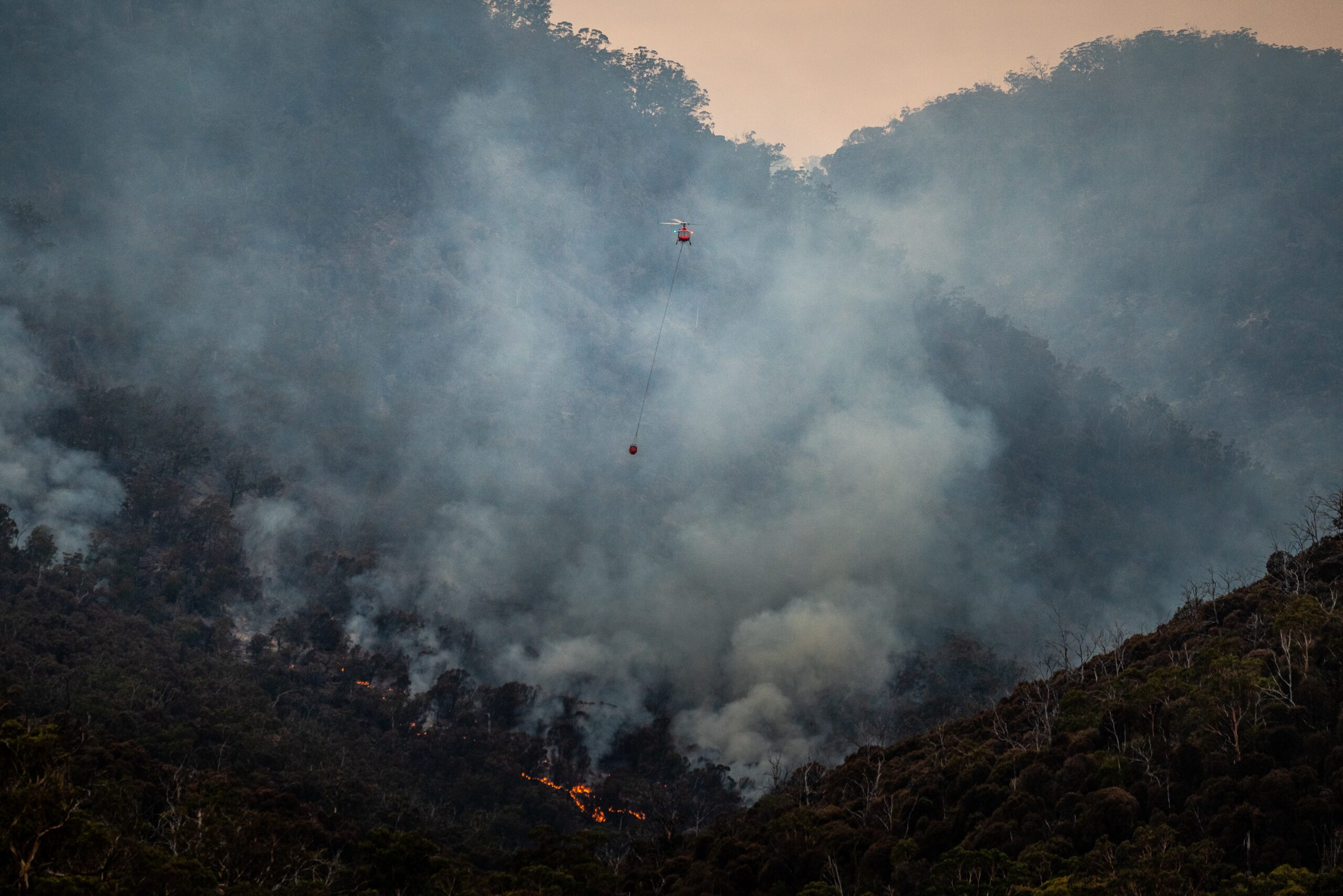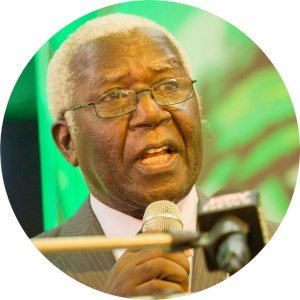A life’s work in conservation – Simon Stuart
Simon Stuart
Over Simon Stuart’s career, he has been Chair of the IUCN Species Survival Commission, Director of Strategic Conservation at Synchronicity Earth, and latterly Executive Director of A Rocha International. In 2020 he was awarded the prestigious Blue Planet Prize for his role in the creation of the Red List. We asked him to share some of what he learnt over the years.
When did you first start identifying as a conservationist?
If you’d asked my parents when I started working in conservation, they would have said aged four or five, when I started protecting various insects from the garden! I can’t remember a time when I didn’t know that this was the work I wanted to do. I was fortunate to have parents that nurtured my early interest – buying me identification books, finding someone to take me bird watching and introduce me to natural history at every opportunity.
What does it mean to be a conservationist?
Initially my understanding of a conservationist was very narrow in meaning, and I tended to equate conservation very much with biology and ecology. However, when I joined the IUCN (International Union for Conservation of Nature) in 1985, I found myself working with truly committed people from every discipline and every culture – lawyers, social scientists, communicators, educators, economists, policy experts, and many more.
To be a conservationist is to champion the cause of nature and all who depend on it. We all depend on nature, and nature is also worthy of championing in its own right! I’ve increasingly seen how doing this work of conservation is also part of championing the cause of those people in poverty, and I’m increasingly sure that conservation is not just a particular profession or sector, but a motivation and way of living in the world that is for everyone, and which needs everyone.
Where has conservation taken you?
I’ve had the privilege of a career which has also been my vocation and my passion. When I was finishing my PhD research (1981 Tanzania), I was part of discovering a new species of bird, the Rufous-winged Sunbird; I found the first female. We found many threatened species in the same area, and as a result of our discoveries, the place was protected as the Udzungwa National Park.
I also worked with Dame Georgina Mace (1953-2020) to develop a new, quantitative approach for determining the extinction risk of species. These are now the IUCN Red List and Categories and Criteria. At the time, many people said that what we were trying to do wasn’t possible, which seems strange now that over 150,000 species have been assessed on this system! What we developed was based on published and therefore contestable evidence. It broke down the previously opaque power structures on how species were deemed to be threatened, and it had major implications both scientifically and socially.
What’s in the future for the field of conservation?
The entire landscape (pun intended) has changed during my working life. The situation now is way worse than it was 40 years ago. I look at the huge decline in corals for example – when I started working, I wasn’t even aware of coral bleaching as a phenomenon, and now we are anticipating their extinction. This isn’t to say that conservation as a field has failed – to a considerable extent it reflects the fact that the money spent to destroy nature (through subsidies, for example) has been far higher than that of any conservation effort.
At the same time, decision-makers and the general public are far more aware of conservation, there’s a diversity of perspectives and far greater number of people involved in a wide variety of ways.
I’d like to see conservation more broadly embraced by all across the political spectrum, and for us to spend far more protecting nature than destroying it. I hope that we’ll soon come to place where we collectively put such a high value on nature that it will be unthinkable to subsidise or otherwise permit activities which destroy nature
What would you say to someone just starting out in conservation?
Welcome! Take time to consider and find where you make your contribution.
I also think understanding your values is critical. In my work on species conservation, I have kept to the line that human-induced extinction is a moral outrage and is never acceptable. I have seen the power of people working in this area being able to articulate the values and principles which underly what they are working towards. It is something that everyone respects.
I’d also say, don’t let your work become an individual pursuit. Conservation can only be done in community. Doing work together with others is really important and will guard against despair.
Is doing conservation holy?
Holiness means honouring God. Creation exists for God’s glory, so if we can preserve, restore, and enhance creation, that honours God and the creation we are related with. Conservation can act as a witness to God. Actions can speak more loudly than word; I love that the work we do within A Rocha communicates our faith. The work that A Rocha Ghana is doing, for example, standing up to vested interests to defend the Atewa Forest, is holy work, and it does not go unnoticed by the secular conservation world.
God’s saving purposes find their fullest expression in the renewal of all things in creation that we now long for. I am so grateful to know that my work has not been ‘my own’, but it’s been much more about participating in God’s wider work


